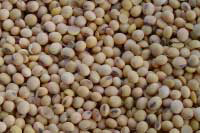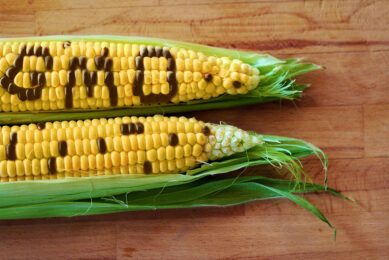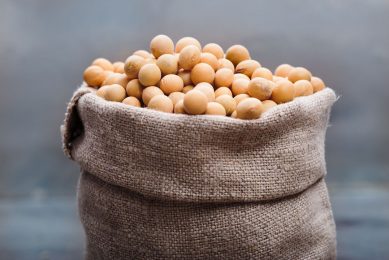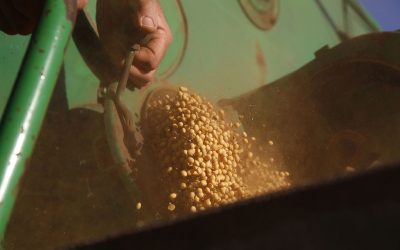Russia allows GMO soy in feed production

Russian authorities have recently approved the use of GM soy BPS-CV127-9 (BASF Plant Science Company)for use in animal feeding.
This strain of soy is resistant to herbicide of imidazolines class. The strain can also only be imported into Russia in the form of beans and the beans have to be processed to render them unable to reproduce.
GM soy BPS-CV127-9 can now be used exclusively for the production of feed and feed additives for different species of animals. At the same time the cultivation of this crop in Russia is still prohibited. Members of the public and representatives of the country’s consumer groups have criticised the decision. Experts have once again stated the country need to adopt a new legal framework with tougher restrictions on the use GMO crops in feed production. Experts have also called for “transparency” of the process of importation and distribution of GMO’s. The experts believe that transparency is vital especially after Russian accession into WTO, which opens the door for new GM-crops entering the country.
Moratorium proposed
After Russia’s accession to the WTO the volume of imported transgenic products will continue to grow in the Russian market, says Victoria Kopeikin, representative of the alliance “Biosafety.” In this regard, the alliance proposed in the Russian Parliament a five-year moratorium on the cultivation of GM crops in the country. During this period it will be possible to prepare a legal framework that would ensure “transparency” of the process of importation and distribution of products containing GMOs, Kipeikini said.
Also according to Kopeikin it is extremely necessary to legislate funding for independent studies on the impact of GMO production on human and animal health. Now about 99% of these studies are conducting with funds from leading multinational companies. In this regard, experts strongly doubt their objectivity.











